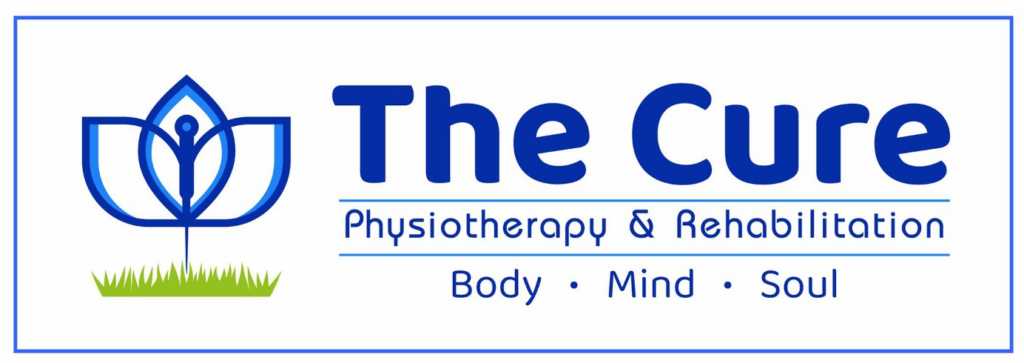Rheumatoid Arthritis (RA) is a chronic autoimmune disorder that primarily affects the joints, leading to pain, stiffness, and swelling. As the disease progresses, it can cause significant joint damage and impair daily functioning. Physiotherapy plays a crucial role in managing RA and improving the quality of life for those affected. Here’s how physiotherapy can make a difference:
1. Exercise Therapy
It is fundamental in RA management. Tailored exercises help enhance joint mobility, strengthen muscles, and improve overall flexibility. Key components include:
- Range of Motion Exercises: Gentle stretches and movements maintain or increase joint flexibility. This helps reduce stiffness and keep joints functioning optimally.
- Strengthening Exercises: Resistance training, using light weights or resistance bands, builds muscle strength around affected joints. This support helps stabilize the joints and reduce strain.
- Aerobic Exercise: Low-impact activities such as walking, swimming, or cycling improve cardiovascular health without putting excessive stress on the joints.
2. Manual Therapy
It involves hands-on techniques to alleviate pain and improve joint function:
- Joint Mobilization: Gentle, controlled movements help enhance joint mobility and reduce stiffness.
- Soft Tissue Massage: Techniques like massage can relax tight muscles, increase blood flow, and alleviate pain.
- Myofascial Release: This approach targets the fascia, the connective tissue around muscles, to relieve tension and pain.
3. Education and Self-Management
A critical aspect of physiotherapy, empowering individuals to manage their condition effectively:
- Joint Protection Strategies: Learning proper body mechanics and ways to minimize joint stress can prevent further damage.
- Ergonomic Advice: Recommendations for modifying daily activities and work environments help reduce strain on affected joints.
4. Assistive Devices
Tailored to support daily living and reduce joint stress:
- Splints and Braces: These provide support, stabilize joints, and prevent deformities.
- Adaptive Tools: Items such as specially designed utensils or grab bars can make everyday tasks easier and more manageable.
5. Heat and Cold Therapy
It can significantly help with pain management:
- Heat Therapy: Warm packs or baths relax muscles, reduce stiffness, and improve circulation.
- Cold Therapy: Ice packs reduce inflammation and numb pain, particularly useful during flare-ups.
Physiotherapy for rheumatoid arthritis focuses on managing symptoms, improving joint function, and enhancing overall well-being. By incorporating exercise therapy, manual techniques, education, assistive devices, and heat/cold therapy, individuals with RA can achieve better pain management, increased mobility, and a higher quality of life. Working with a physiotherapist ensures a personalized approach, addressing individual needs and promoting long-term health and independence.


